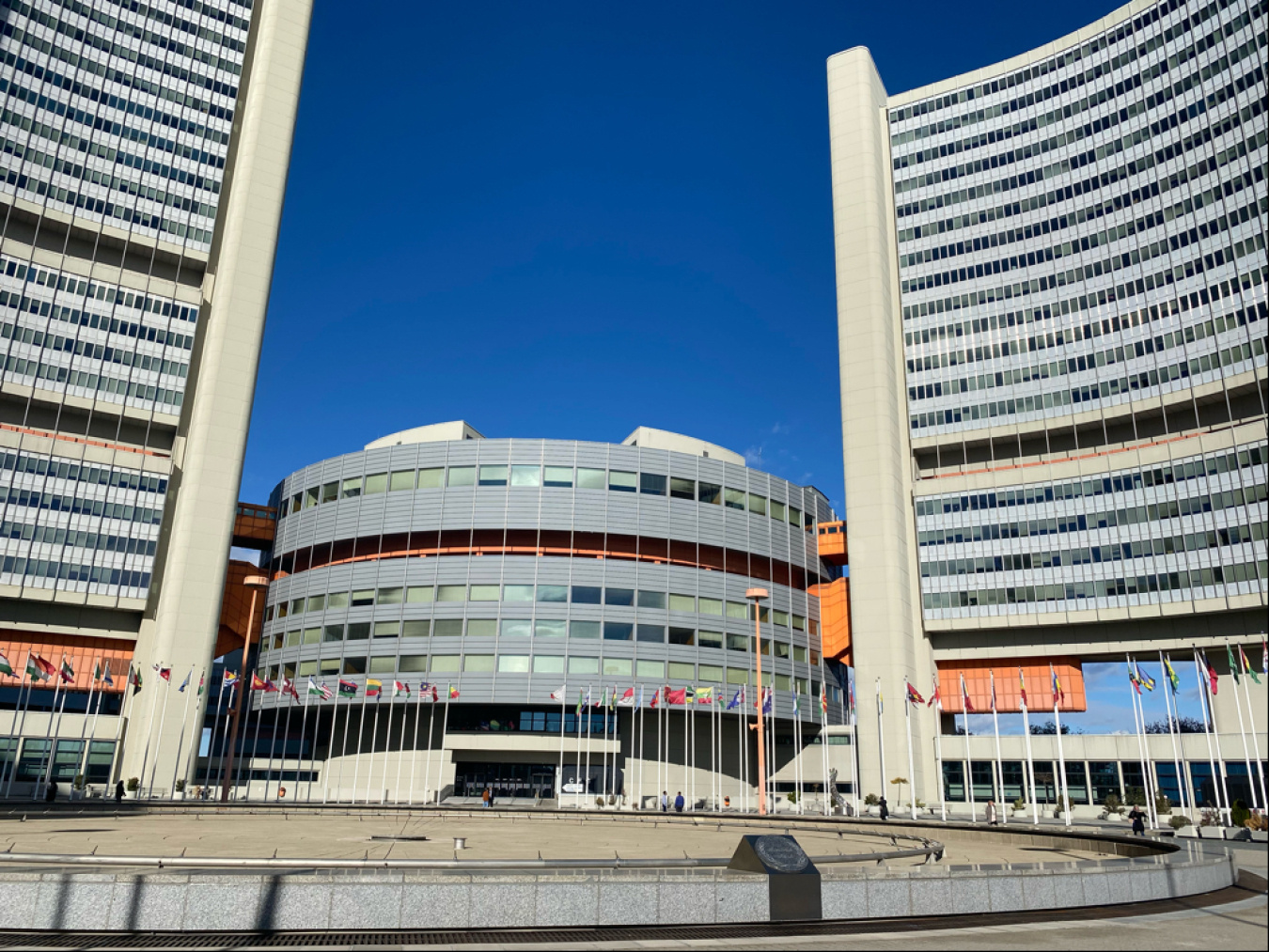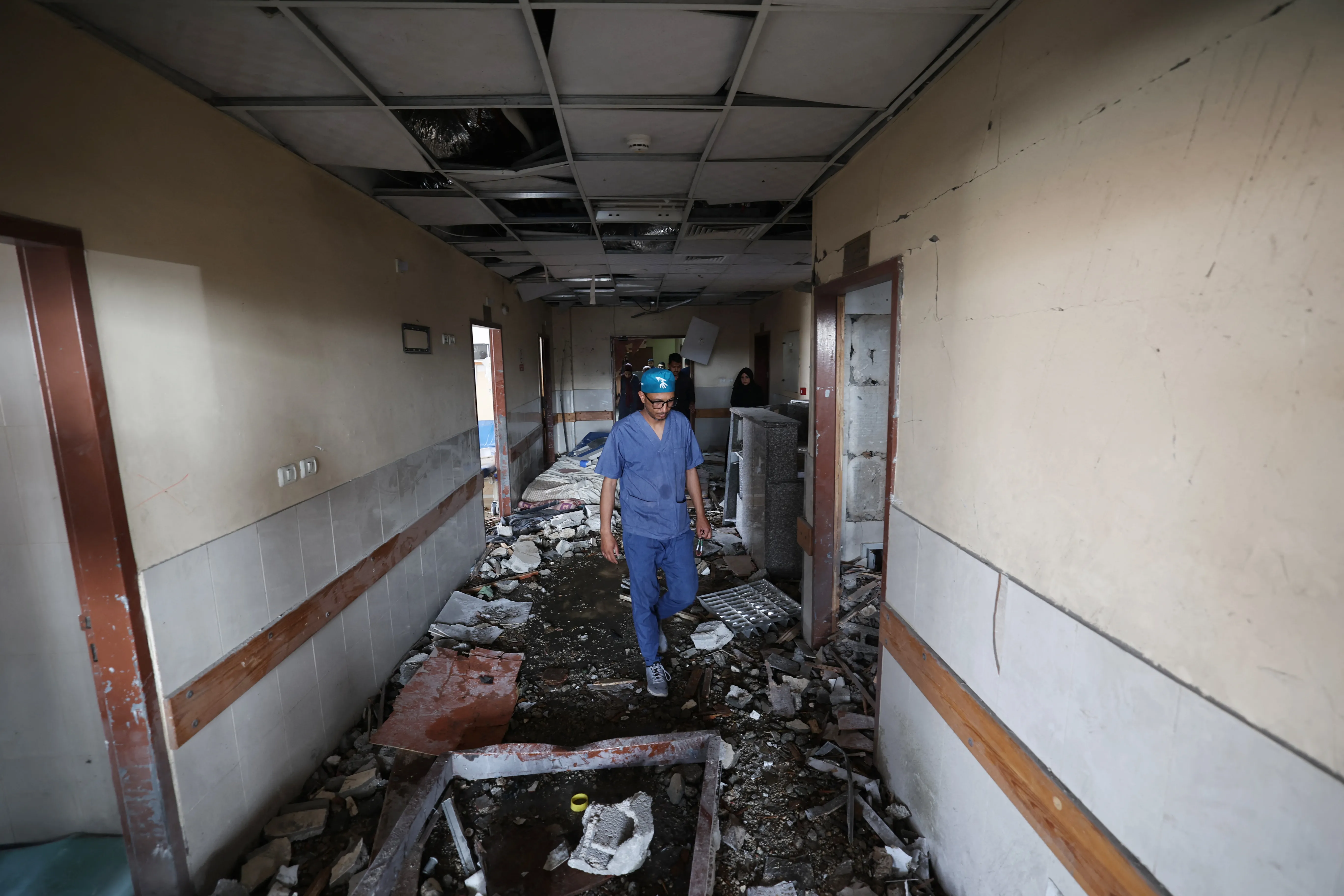Iran"s Foreign Minister Abbas Araqchi has declared that the nation will cooperate with the U.N. nuclear watchdog, the International Atomic Energy Agency (IAEA), but under new, stringent conditions following the recent Israeli and U.S. military strikes. This development raises serious questions about nuclear safety and the broader implications for international diplomacy in a region already fraught with tension.
New Law Complicates IAEA Inspections
In a key shift, Iran"s parliament has passed a law that mandates any inspection requests by the IAEA be approved by the Supreme National Security Council. Araqchi emphasized the security risks posed by inspections at nuclear sites that have been targeted in military operations, highlighting the dangers of radioactive material spread and the potential for explosive remnants from the attacks. These factors add layers of complexity to an already precarious situation.
Military Strikes Raise Questions on Intentions
The recent bombings, which Iran attributes to Israel and the U.S., have been framed by Western nations as preemptive measures against a nuclear program they accuse Tehran of weaponizing. However, Iran maintains that its nuclear ambitions are purely peaceful. According to a Brookings analysis, these strikes could further entrench Iranian hardliners, who argue that military action is evidence of Western hostility.
\n\n
LM Attends IAEA Conference in Vienna | Department of Energy
Iran’s Stance on Negotiations
Araqchi reiterated that Iran will not consider any nuclear deal that restricts its right to enrich uranium. This stance signals Tehran"s unwillingness to bow to pressure from Western powers, particularly as U.N. sanctions loom, potentially reimposing restrictions on its nuclear activities. The Foreign Minister"s comments underscore Iran"s strategic determination to maintain its nuclear program while navigating international scrutiny.
Implications for European Diplomacy
Araqchi warned that any attempt by Britain, France, and Germany to reintroduce sanctions through a "snapback" mechanism would effectively eliminate Europe’s role in the nuclear discourse. This statement reflects a growing frustration with European powers, which Iran feels have failed to uphold their commitments under the 2015 nuclear agreement. The challenge now is whether Europe can reconcile its diplomatic ambitions with the pressures of U.S. foreign policy.
\n\n
Israeli military strikes kill scores in Gaza, medics say
The Broader Geopolitical Landscape
The ongoing conflict and negotiation deadlock come at a time when regional dynamics are shifting dramatically. With Russia"s tacit support for Iran, as indicated by reports of President Vladimir Putin"s backing for an accord limiting uranium enrichment, Tehran finds itself in a position to leverage its relationships with key players. This could lead to a recalibration of alliances that may undermine traditional Western influence in the Middle East.
Araqchi"s insistence on a cautious approach to negotiations—emphasizing security guarantees against further military intervention from the West—reflects a fundamental shift in Iran"s diplomatic posture. The nation is clearly asserting itself as a crucial player in the international arena, one that will not easily yield to external pressure.


![[Video] Heavy clashes and gunfire reported in Baghdad, Iraq](/_next/image?url=%2Fapi%2Fimage%2Fthumbnails%2Fthumbnail-1768342239932-848qsh-thumbnail.jpg&w=3840&q=75)




![[Video] Gunfire between Iraqi security forces and Sadr militias in Baghdad](/_next/image?url=%2Fapi%2Fimage%2Fthumbnails%2Fthumbnail-1768343508874-4redb-thumbnail.jpg&w=3840&q=75)
